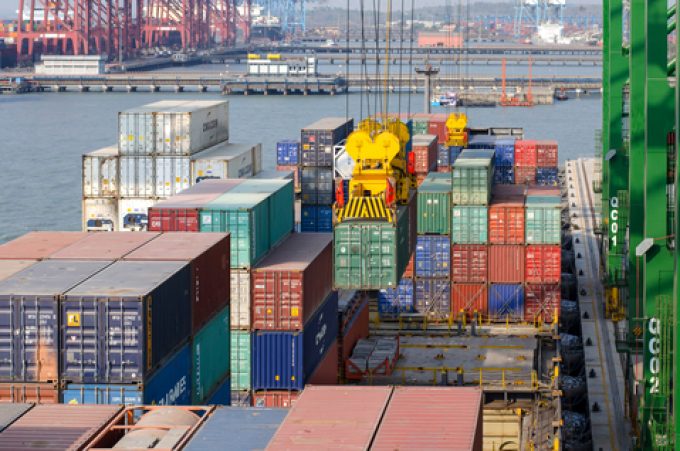Freighter suspension plan at Mumbai Airport a disaster for perishables trade
Mumbai International Airport (MIAL) has announced a suspension of freighter operations from 16 August for ...

India’s 21-day coronavirus lockdown has caused severe cargo congestion at key ports and container freight stations.
As a result, Maersk, MSC, CMA CGM, Hapag-Lloyd and Cosco have all reportedly omitted calls at Jawaharlal Nehru Port Trust (JNPT) and Mundra Port, where uncollected import cargo is causing the backlog.
According to the Container Freight Stations Association of India (CFSAI), only a fraction of containers are being picked-up by importers.
“With only a fraction of imports being gated-out by the trade, the container freight stations ...
Maersk Air Cargo sees volumes fall as it aims for 'margin in favour of revenue'
Keep our news independent, by supporting The Loadstar
Container spot rates diverge: to Europe still falling, but firmer to the US
Volume surge and an early peak season? 'Don't celebrate too soon,' warning
Hapag-Lloyd won't take bookings if port congestion leaves cargo stranded
Ecommerce likely the front-runner in resurge of transpacific trade after deal
China-US trade tariff pause could drive a rebound for transpacific rates
Airfreight players eye new routes as demand on the transpacific nosedives
Service chaos from trade ban with India a problem for Pakistan shippers
Airfreight rates ex-China 'loss-making', but hopes of a trade deal stay high
Indian coastal freight attracts major carriers, but regional tension disrupts
Serious threat to jobs in US logistics as tariffs cause economic 'stagflation'


Comment on this article